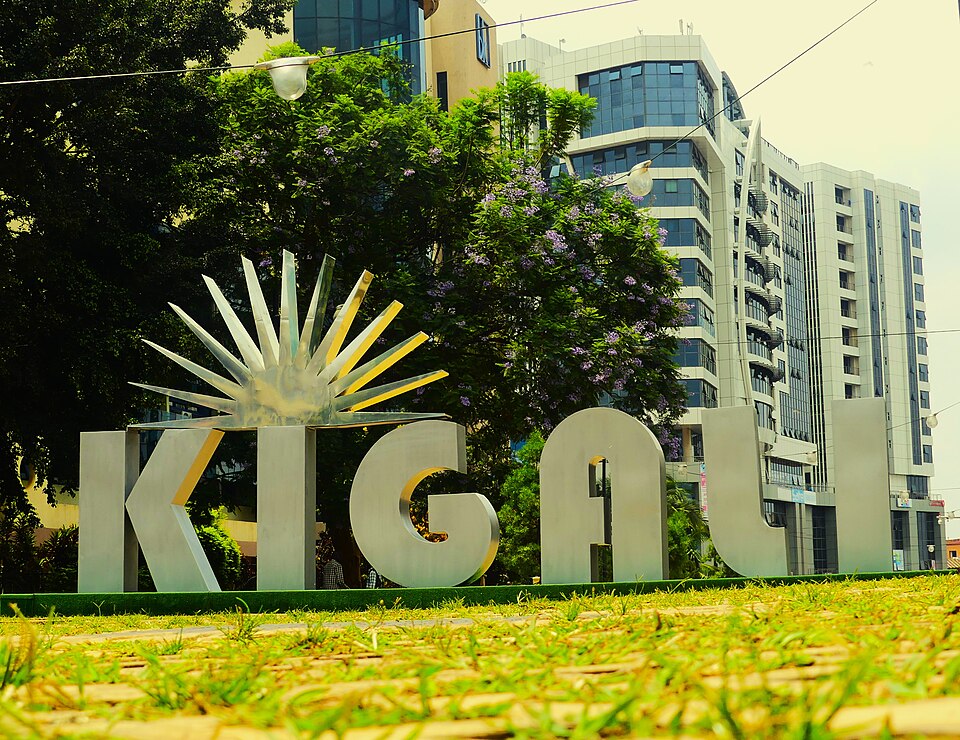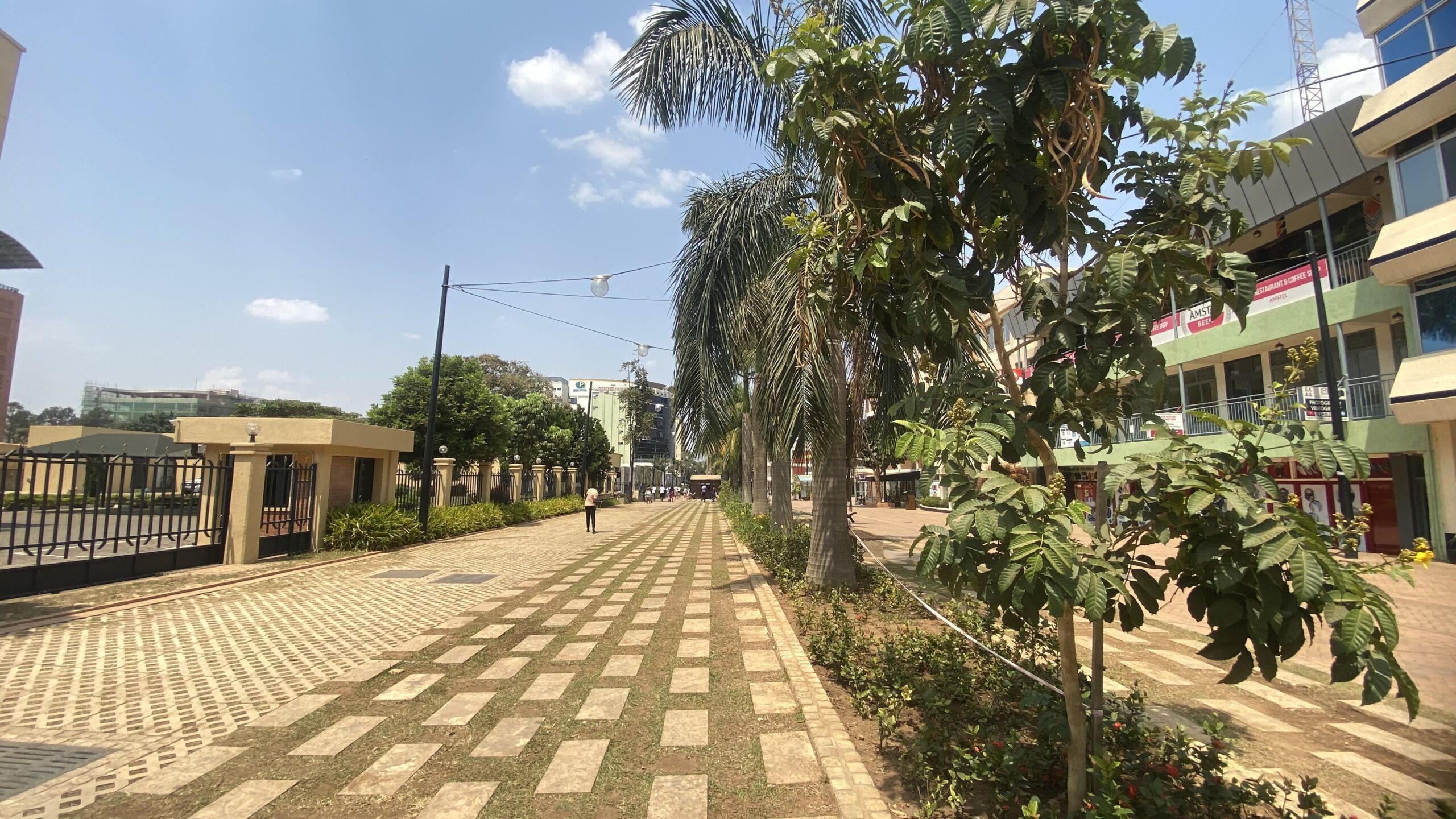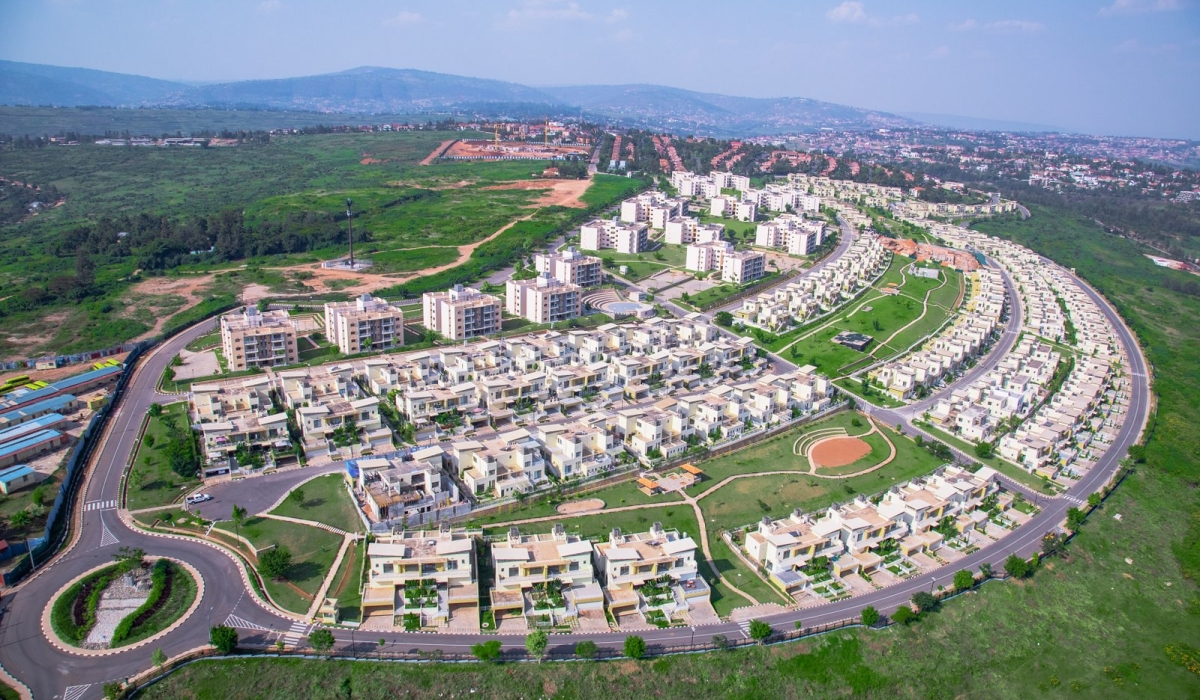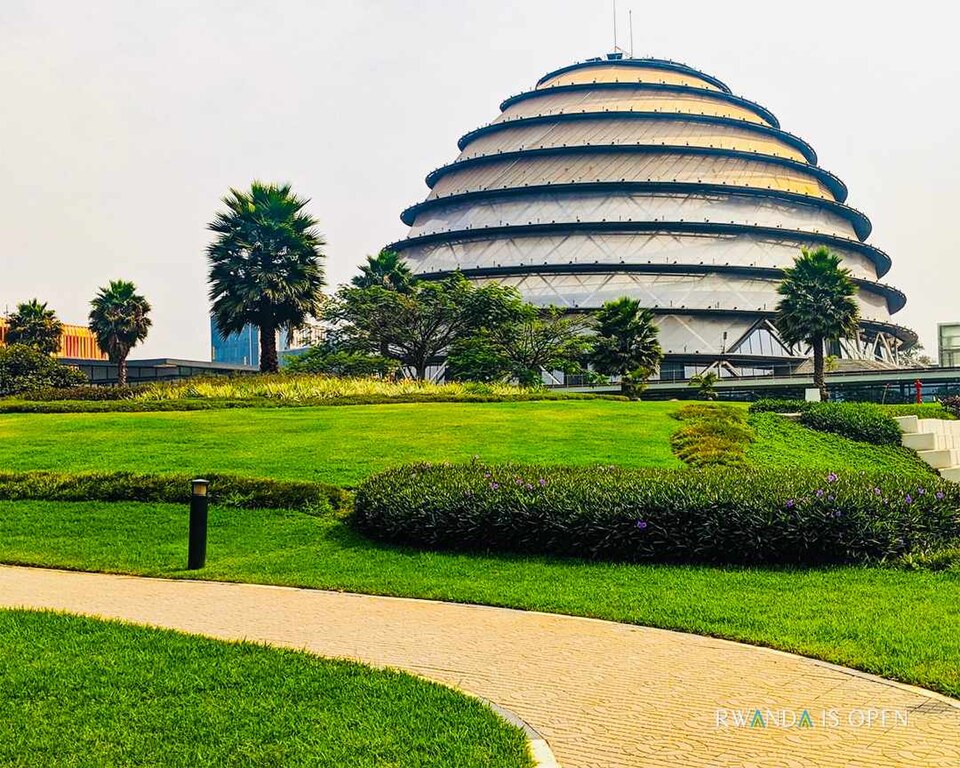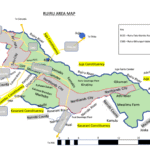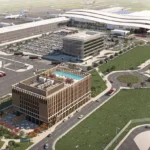Kigali’s Car-Free Zone: Rwanda’s Bold Move Towards a Greener City
Kigali’s car-free zone is transforming the city into a model of sustainable living. It prioritises pedestrians, cyclists, and green spaces while boosting Rwanda’s smart city agenda.
Kigali: A City Shaping Africa’s Green Future
Across the globe, cities are rethinking urban spaces, replacing car-clogged streets with vibrant, pedestrian-friendly zones. In East Africa, Rwanda is leading with Kigali’s car-free zone, a bold initiative designed to reduce congestion, promote eco-friendly transport, and enhance quality of life. Far from being a temporary experiment, Kigali’s vision reflects Rwanda’s broader commitment to sustainable urban development and climate-conscious growth.
Kigali’s Car-Free Zone: More Than Just a Policy
Introduced in 2015, Kigali’s car-free zone was not only about removing vehicles from certain city streets. It was about reimagining urban life.
- Pedestrian-first planning: The zone prioritises walking, cycling, and communal spaces, reducing dependency on motorised transport.
- Vibrant public spaces: Once traffic-heavy streets are now hubs for cultural events, weekend markets, and family activities.
- Cleaner air and less noise: Reduced car use has significantly improved air quality and lowered noise pollution.
By integrating people-friendly designs into its infrastructure, Kigali has positioned itself as a pioneer of sustainable urban development in Africa.
Rwanda’s Smart City Vision in Action
Kigali’s transformation is part of a broader wave of Rwanda smart city projects, designed to make the capital technologically advanced and environmentally sustainable.
- Digital infrastructure: Public Wi-Fi hotspots in the car-free zone connect residents and visitors.
- Smart mobility: Parallel deployments of initiatives like electric buses and ride-sharing services are underway.
- Green growth policies: They align with Rwanda’s environmental policies, which set ambitious goals for carbon reduction and eco-friendly infrastructure.
The car-free experiment demonstrates how sustainability, technology, and public well-being coexist in African cities.
Benefits of Kigali’s Car-Free Zone for Residents and Businesses
The shift to a car-free urban core has brought both opportunities and challenges.
- Healthier lifestyles: Residents now enjoy cycling, jogging, and open-air fitness activities, encouraging active living.
- Economic revival: Local businesses, particularly cafes, restaurants, and retail shops, have seen increased foot traffic.
- Tourists’ appeal: The unique experience of walking through a modern African city without traffic chaos draws visitors.
However, small businesses dependent on car access initially faced difficulties. Over time, many have adapted by offering delivery services and capitalising on the spike in pedestrian traffic.
How Kigali is Redefining Urban Life
The impact of Kigali’s car-free zone on businesses and residents goes beyond mobility—it is changing how people experience their city.
- Streets once dominated by vehicles now host community festivals and concerts.
- Families spend weekends strolling safely, while children play in open public spaces.
- The initiative has promoted a greater community bond and civic pride.
This shift represents how Kigali’s car-free zone transforms urban life, turning the city into a living example of what green cities in Africa could look like.
Sustainable Transport: Rwanda’s Long-Term Plan
The car-free initiative is just one piece of Rwanda’s broader transport strategy.
- Cycling and walking lanes: Kigali continues to expand biking and walking zones to connect neighbourhoods.
- Integration with public transit: The government is scaling up electric buses and improving urban bus services.
- Future-ready policies: Rwanda is planning for smart, eco-friendly transport systems as part of its Vision 2050.
These initiatives highlight Rwanda’s plan for sustainable transport in Kigali, aligning with global climate commitments.
Lessons for Africa: Car-Free Cities as a Model
The success of Kigali’s initiative is inspiring discussions across Africa. Benefits of car-free zones in African cities include:
- Improved air quality and reduced greenhouse emissions.
- Safer, healthier, and more inclusive public spaces.
- Economic opportunities in tourism, retail, and recreation.
Kigali shows that African cities can implement world-class sustainability projects with political will, planning, and community buy-in.
Challenges Along the Way
Like any ambitious project, Kigali’s car-free zone has faced hurdles:
- Initial resistance: Some residents and business owners worried about losing car access.
- Infrastructure gaps: Expanding safe cycling and pedestrian lanes citywide is still a work in progress.
- Reliance on public transit: Reliable, affordable transport options are essential for the initiative’s success.
Despite these challenges, the Rwandan government has maintained a strong commitment, continually adjusting policies to balance inclusivity and growth.
Kigali’s Vision for an Eco-Friendly Capital
At its core, the initiative represents Kigali’s vision for a modern, eco-friendly capital. The city is reducing car usage and reshaping its identity as a forward-looking, people-centred metropolis.
With Bugesera Airport worth $2bn under construction and more smart city projects in the pipeline, Kigali is positioning itself as a green hub for investment, tourism, and innovation in East Africa.
Conclusion: A Roadmap for Africa’s Green Future
Kigali’s car-free zone is more than an environmental policy—it is a statement about Rwanda’s future. By prioritising people over vehicles, Kigali has set a powerful example for other African cities struggling with congestion, pollution, and climate challenges.
This transformation proves that sustainable urban development in Rwanda can balance modernity, inclusivity, and environmental responsibility. If scaled up across the region, such initiatives could redefine the future of urban living in Africa.
Stay Ahead on Green City Innovations
At ConstructionFrontier.com, we track the latest developments shaping Africa’s cities—from eco-friendly infrastructure to innovative mobility solutions. Stay informed and explore how projects like Kigali’s car-free zone pave the way for greener, smarter urban futures.

